Search
Search Results
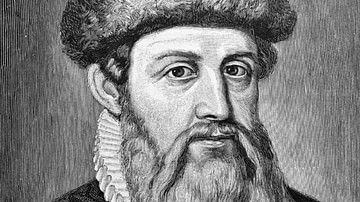
Definition
Johannes Gutenberg
Johannes Gutenberg (l. c. 1398-1468) was the inventor of the printing press (c. 1450) who seems to have developed the device from wine and oil presses of the time. Gutenberg’s printing press not only revolutionized book making but literally...
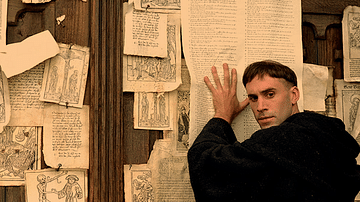
Article
Martin Luther's 95 Theses
Martin Luther's 95 Theses of 31 October 1517, although they have since come to represent the beginning of the Protestant Reformation, were not written to challenge the authority of the Roman Catholic Church but were simply an invitation to...
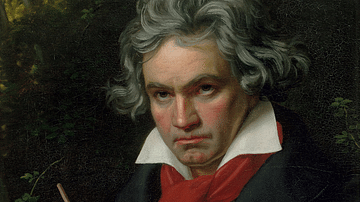
Definition
Ludwig van Beethoven
Ludwig van Beethoven (1770-1827) was a German composer of Classical and Romantic music; he is widely regarded as one of the greatest musicians to have ever lived. Most famous for his nine symphonies, piano concertos, piano sonatas, and string...
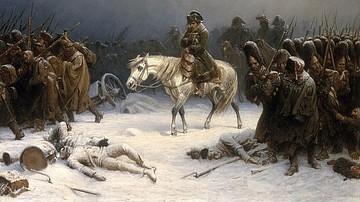
Image
Napoleon's Retreat from Moscow
French Emperor Napoleon I retreats from Moscow after his disastrous invasion of Russia. Though it has long been said that "General Winter" defeated the French, the failure of Napoleon's invasion of Russia had already occurred by winter's...
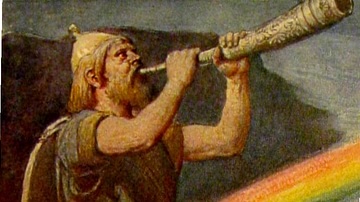
Definition
Heimdall
Heimdall is a mysterious deity of Norse mythology whose main attribute refers to guarding the realm of the gods, Asgard, from his high fortress called Himinbjörg found at the top of Bifröst, the rainbow bridge. He has the might of sea and...
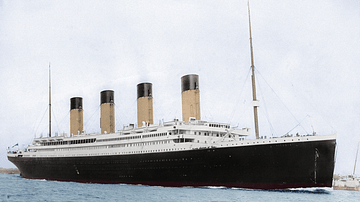
Definition
RMS Titanic
The RMS Titanic was a White Star Line ocean liner, which sank after hitting an iceberg on its maiden voyage from Southampton to New York on 15 April 1912. Over 1,500 men, women, and children lost their lives. There were 705 survivors. In...
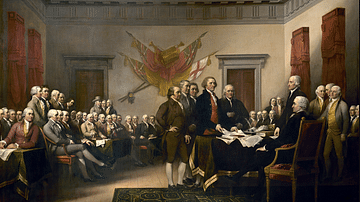
Definition
Social Contract
The social contract is an idea in philosophy that at some real or hypothetical point in the past, humans left the state of nature to join together and form societies by mutually agreeing which rights they would enjoy and how they would be...
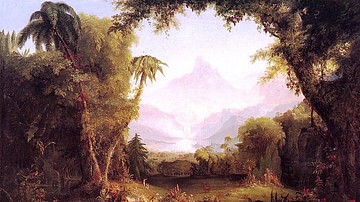
Definition
State of Nature
The state of nature is an idea which became especially popular with certain philosophers during the Enlightenment, notably Thomas Hobbes (1588-1679), John Locke (1632-1704), and Jean-Jacques Rousseau (1712-1778). It refers to a state of existence...
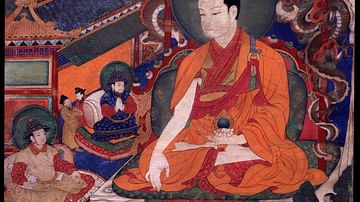
Interview
Rubin Museum's Faith and Empire: Tibetan Buddhist Art
Faith and Empire: Art and Politics in Tibetan Buddhism, a new exhibition at the Rubin Museum of Art in New York, explores the dynamic historical intersection of politics, religion, and art as reflected through Tibetan Buddhism. The exhibition...

Video
The Battling Bugler | What Happened to Corporal Metzger at the Fetterman Fight?
Learn how Adolph Metzger, a young German immigrant, served as a bugler and made an impression on the native warriors in Wyoming. Special thanks goes out to the folks at the Jim Gatchell Memorial Museum in Buffalo, Wyoming for allowing...